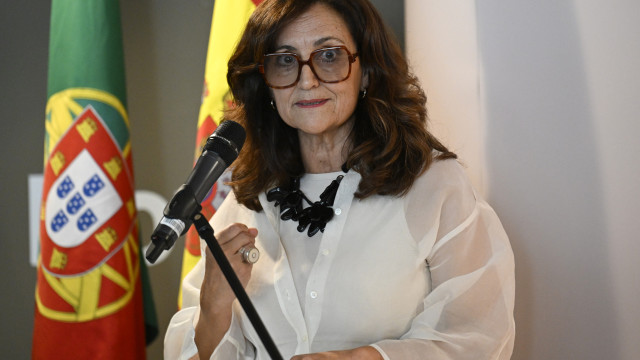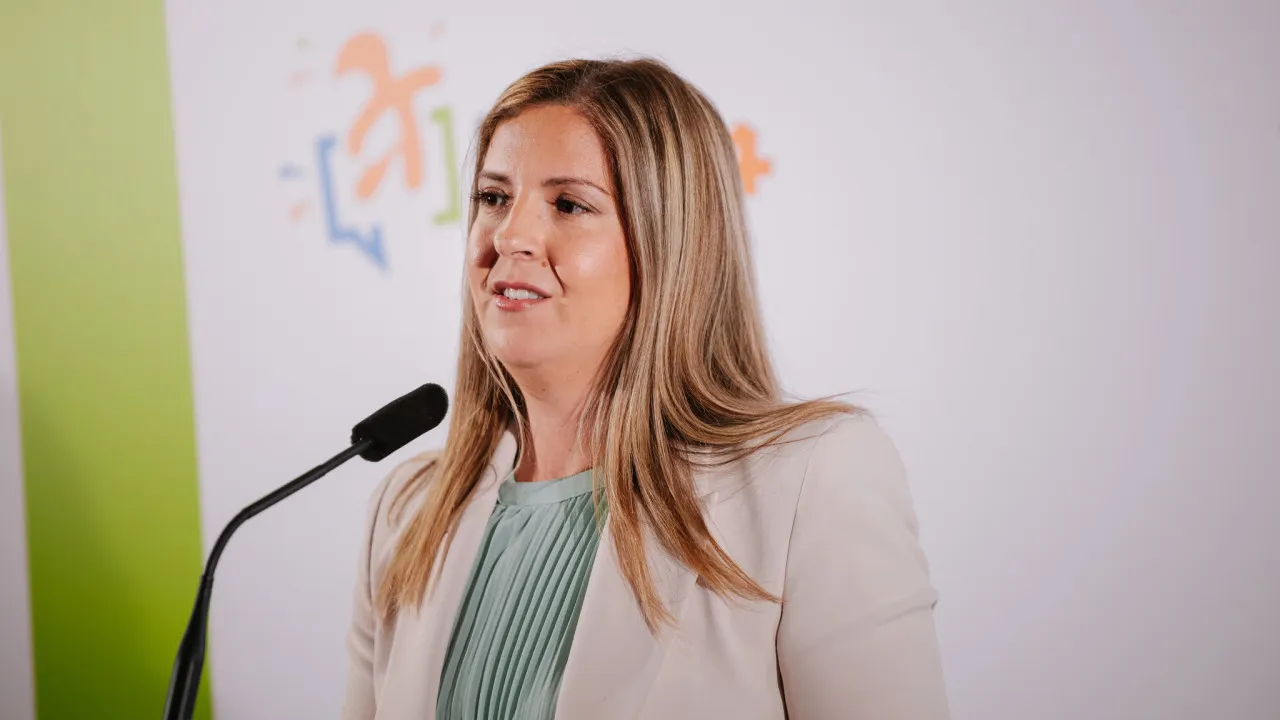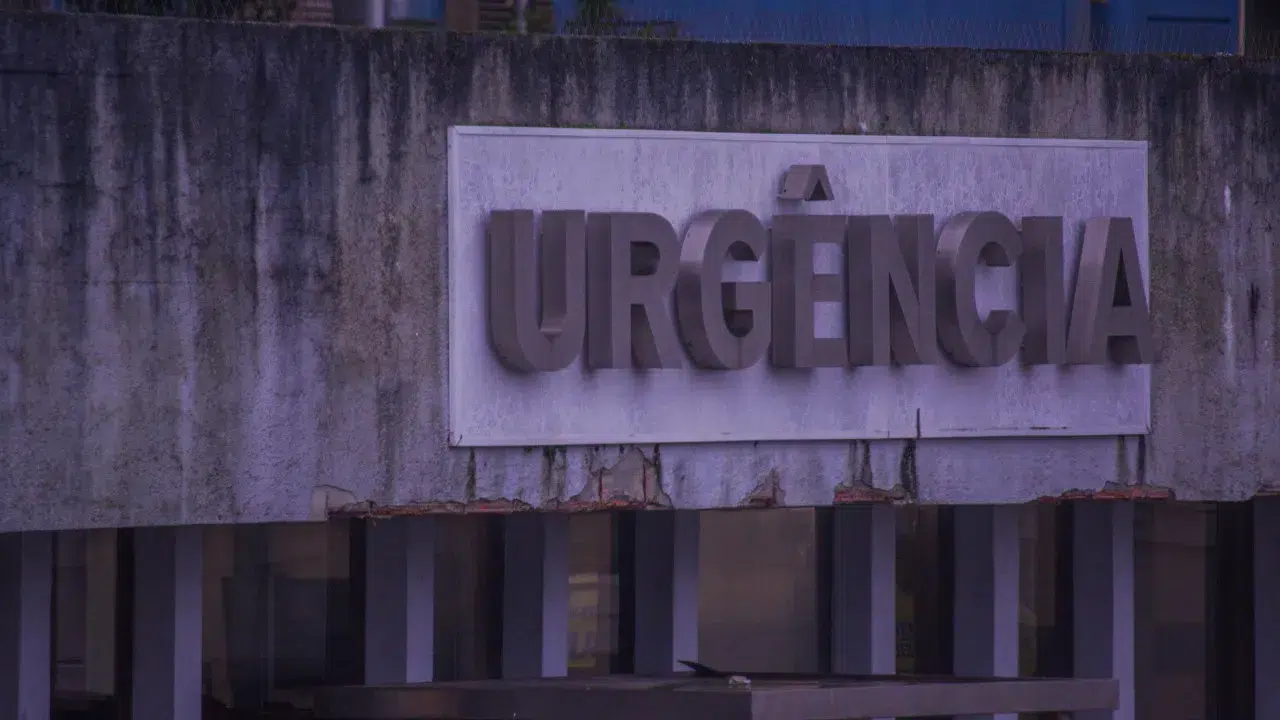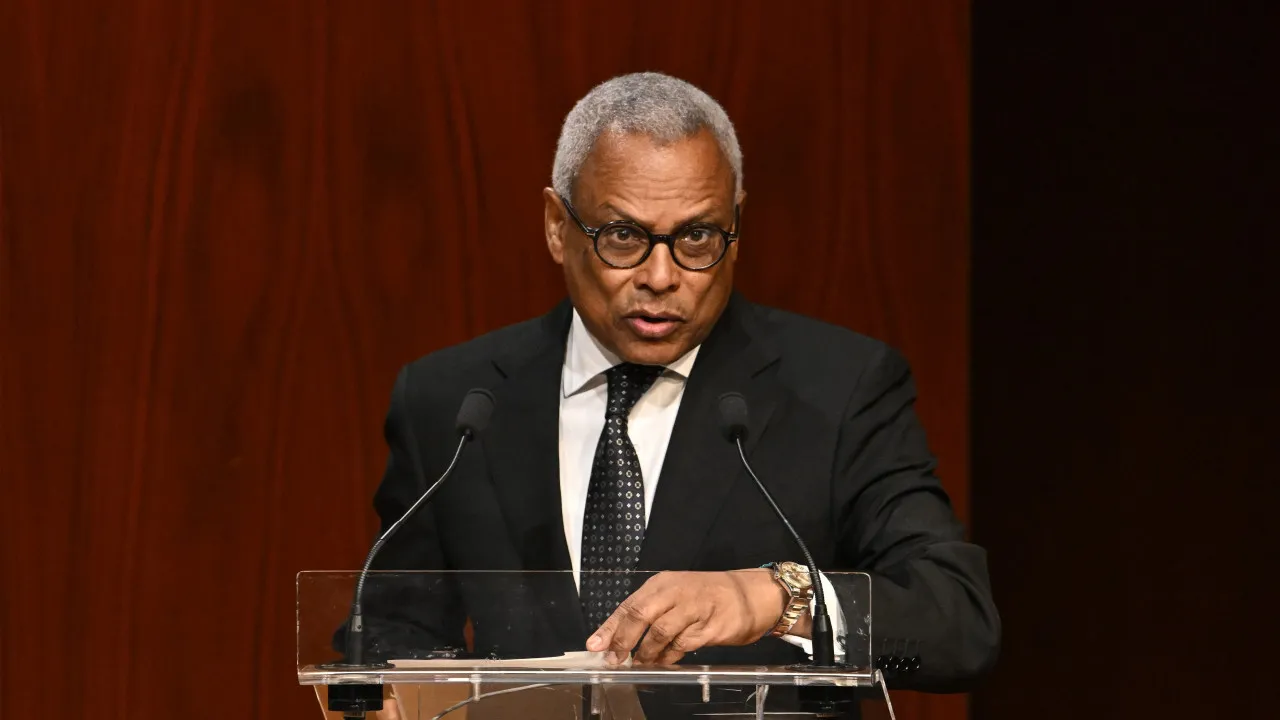Bangladesh is at the center of an exhibition by architect Marina Tabassum that opens Wednesday in Lisbon, in a work that responds to the social problems of communities and the challenges of the climate, taking advantage of local resources and knowledge.
“Marina Tabassum. Materials, Movements and Architecture in Bangladesh” will be on show at the Museum of Contemporary Art/Belém Cultural Center until September 22, with a collection of works built since 1995, one of which was presented at the 2018 Venice Biennale, the year she gave a conference in Lisbon.
The intense symbiosis with nature is one of the hallmarks of the work of the Bangladeshi architect and educator, whose studio was founded in 2005 in Dhaka, and who has sought to establish an architectural practice that is both contemporary and rooted in place, the curators said.
“Most of our work is with the community,” said the Bengali architect during a visit to journalists on the eve of the opening of the exhibition curated by André Tavares and Vera Simone Bader.
In many of her projects, Marina Tabassum’s main concern is the people who are forced to move due to floods and storms, or the thousands of refugees her country has welcomed from Myanmar.
“Many people lose their homes to the rains or lose their makeshift shelters to fires,” the architect explained, as she showed a life-size model of one of the houses she designed, made entirely of bamboo, an abundant local material that makes for well-ventilated, safe and affordable housing.
Located in the region where the Ganges and Brahmaputra rivers flow into the Bay of Bengal, Bangladesh has been an independent country since 1971 and is home to more than 150 million people, 20 million of whom live in the capital.
Tabassum’s work has become internationally recognized for using ideas that apply natural resources, exploiting their characteristics, and also strategies for involving local communities, whose lives are spent near more than 700 rivers.
One of the main advantages of their projects is that they “make big changes through small interventions”, as curator André Tavares emphasized during the tour of the exhibition, which includes installations, photographs, videos and objects from the daily lives of these populations.
The exhibition has subtitles in Portuguese, English and Bengali at the option of the architect, who said she was aware of the existence of an important community from her country in Portugal, “who will be proud to see their own language” in the presentation of her work.
Among the works presented were responses to urgent problems, such as the living conditions of the 1.2 million Rohingya refugees, or the transformations imposed by rising sea levels, such as a model of a two-storey house in which the first floor is made of piles that can withstand the water.
During her visit, the architect said that, as part of her projects, she usually takes her university students to Bangladesh to talk to the local people: “We contribute with the houses and the people share their wisdom,” she said of that “essential exchange”.
A graduate of the Bangladesh University of Engineering and Technology, Marina Tabassum has been a guest lecturer at BRAC University in Dhaka since 2005. She also taught at the University of Texas at Arlington in the fall of 2015 and is currently a lecturer at Harvard University.
Tabassum received the 2016 Aga Khan Award for Architecture for his design of the Bait ur Rouf mosque in Dhaka.
Also present at the visit, Garagem-Sul’s chief curator, Mariana Pestana, who took up her post in March, having been chosen through an international competition launched in 2023, said she hoped the exhibition would “open up a new exhibition cycle in which architecture and other disciplinary areas intersect, extending to other audiences”.
“This exhibition has a very important character of social responsibility and inclusion,” said the architect recently appointed to the cultural center, along with Spanish curator Núria Enguita, who will take over as director of the MAC/CCB in May, also chosen through an international competition.








